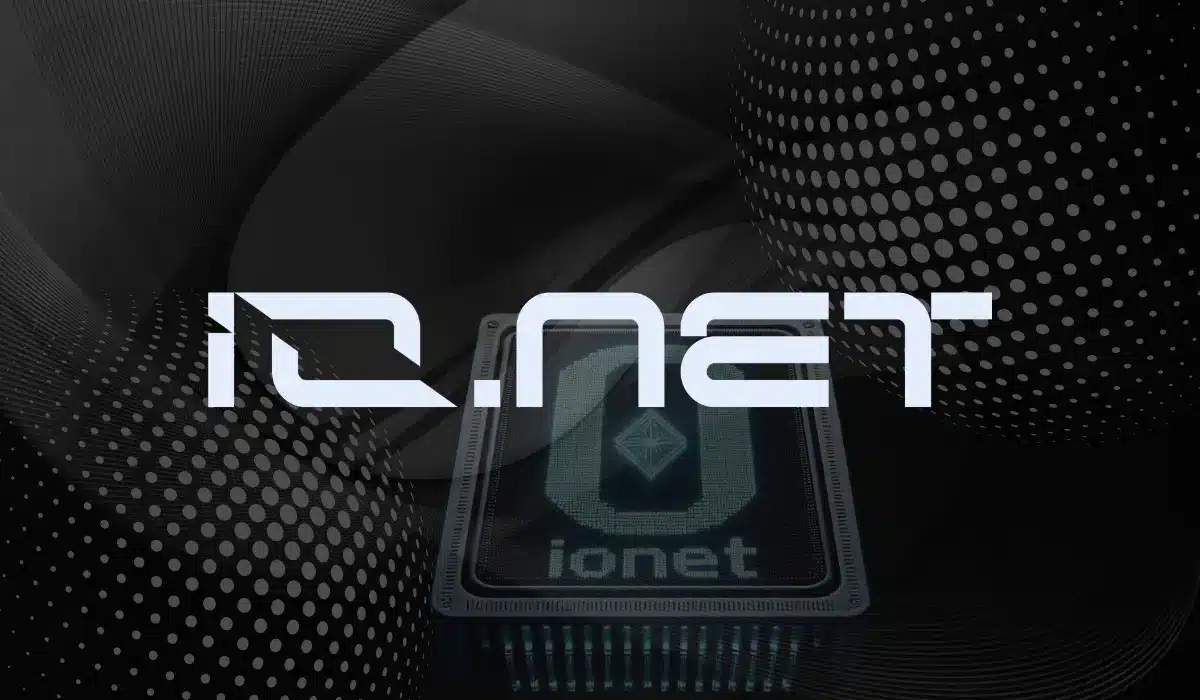Ahmad Shadid, the CEO of io.net, has stepped down just days before the project’s token is set to be launched on Binance Launchpool. This unexpected move comes amid a wave of criticism regarding Shadid’s past leadership. In his statement, Shadid wrote:
Despite the allegations related to my past, I want to emphasize that my decision to resign is to ensure that io.net can focus on its growth and success without any distractions.
$IO Nation, Today I am stepping down as the CEO of https://t.co/pI9FcfdM87, effective immediately. https://t.co/pI9FcfdM87 has grown to be one of the fastest growing decentralized AI companies in the world. After careful consideration, I have decided that it is in the best…
— SHADID | $IO™ (@shadid_io) June 9, 2024
Shadid also pledged to contribute one million io.net tokens from his personal funds to the company’s GPU Internet Fund to support the ecosystem’s development.
Related: Binance Announces IO.NET (IO), the 55th Project on Binance Launchpool
io.net Faces Criticism and CEO’s Explanation
In recent months, io.net has faced significant criticism from competitors in the DePIN sector over the authenticity of the number of GPUs they provide. Investor Martin Shkreli pointed out that io.net’s website reported conflicting figures regarding the size of its network.
In response, io.net detailed a cyberattack they encountered, where attackers attempted to spoof GPUs to claim rewards from the network. Shadid explained that this was a Sybil attack, a type of assault targeting network nodes.
On the morning of April 29, Shadid shared on social media platform X:
Ten days ago, we detected about 1.8 million fake GPUs trying to connect to our network. Our team prioritized identifying and blocking these devices.
During the incident, Shadid clarified how the protocol was removing users who were fraudulently claiming rewards by pretending to have GPUs. He assured that the incident would not affect the planned release schedule of new products and the IO token. Once the issue was resolved, he stated that the network’s infrastructure had fully resumed operations, although the GPU supply might temporarily decrease as partners rejoin the network.
Greg Osuri, co-founder and CEO of Akash Network, a competitor in the DePIN space, remarked:
I am pleased to see io.net taking the right steps forward.
However, he also emphasized that there are still many questions surrounding the allegations against Shadid.
The new CEO of io.net, Tory Green, outlined the company’s future direction:
We will continue to pursue the vision that Ahmad established for io.net – to become the world’s largest AI compute network and bring AI to the globe.
Currently, our network integrates about 20,000 GPUs, ready to handle comprehensive AI model training and inference workloads for companies like WonderAI, Krea, and Leonardo.
I am honored to step into the role of CEO for https://t.co/OigQQimgcD, effective immediately.
Under @shadid_io ‘s leadership, https://t.co/OigQQimgcD has grown into one of the fastest growing AI companies in the world.
Going forward, we will continue to execute on the vision… https://t.co/12vRHJTMRG
— tory.io 🦾 (@MTorygreen) June 9, 2024
Token Lock-Up and Shadid’s Resignation Decision
Shadid also clarified that his tokens would be locked for four years, while investors and other team members would have shorter lock-up periods. Responding to a critic about the project’s Series A funding round, Shadid wrote:
I am locked for four years; no investor, advisor, or team member will receive tokens on a monthly basis before June 2025.
When asked directly about the timing of his resignation, just two days before the token launch, Shadid responded on X:
I had to make the most prudent decision for the best interest of IO Nation. This decision is no longer just mine; it belongs to all of you.







